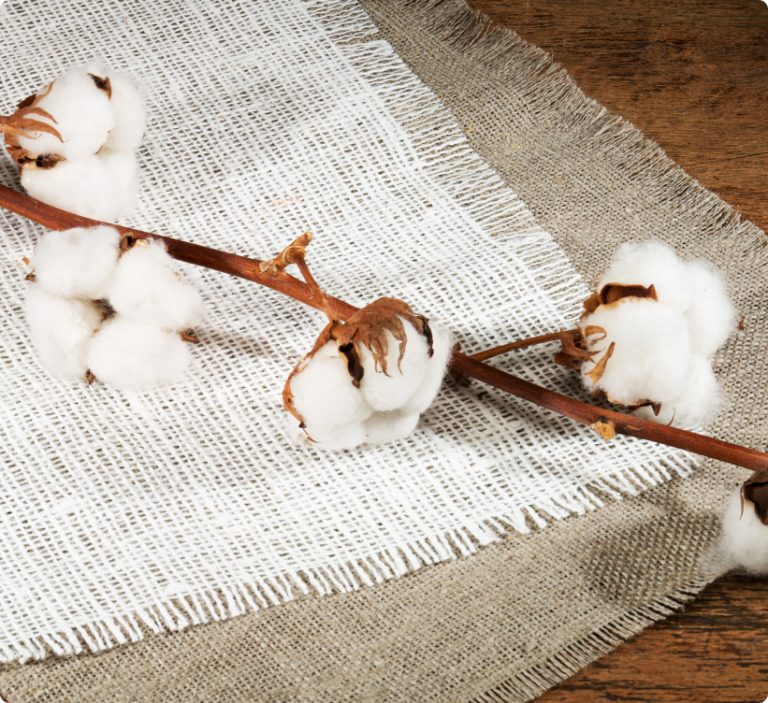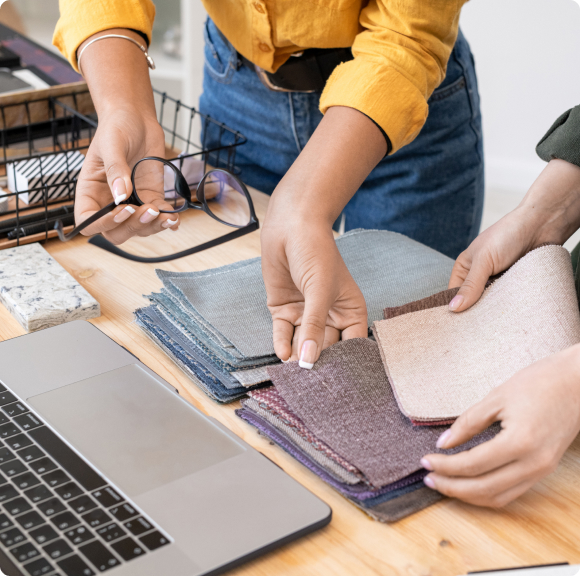As the only intergovernmental commodity body representing cotton that is recognized by the United Nations, but until recent years, the majority of its focus was on cotton production, not consumption. But the textile industry was cited in the ICAC’s Strategic Plan as an area for emphasis, and the organisation has made great strides in the last two years.
The first step was hiring a Head of Textiles, Mr Kanwar Usman, formerly the Director General of the Textile Division in Pakistan’s Ministry of Commerce. His vast experience — not only with textiles, but how textiles impact government policy — made him the perfect candidate to lead the ICAC’s continuing expansion into textiles.






